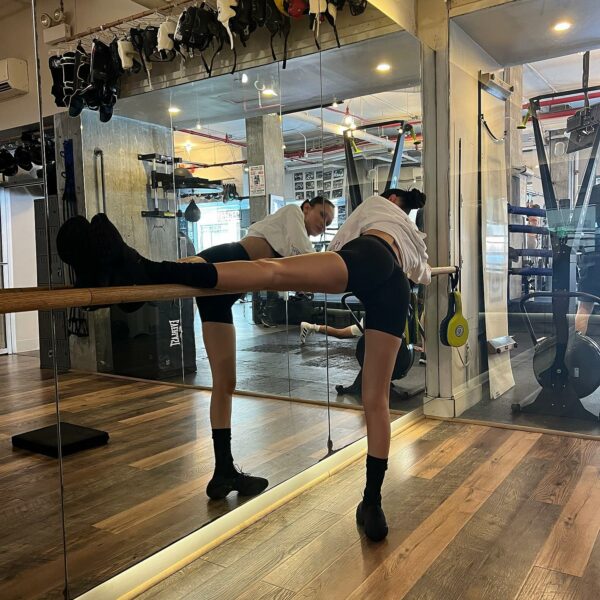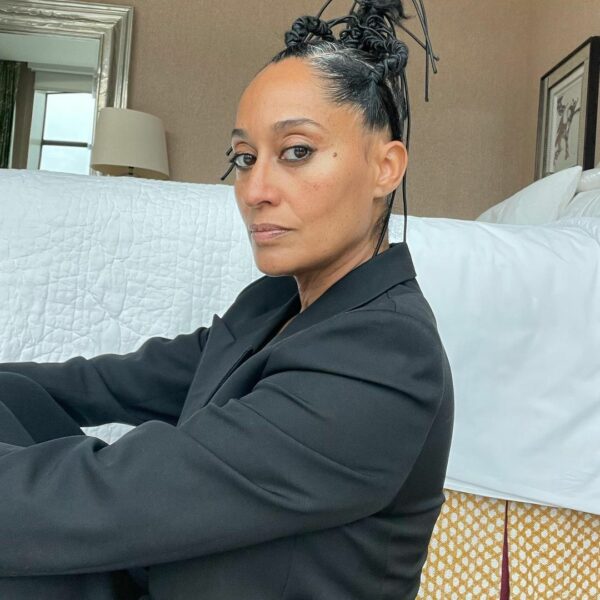Think of red flags in relationships like being “written up” at school or work. Being written up is not always a fireable offense, but it is something to pay attention to and course correct in order for a successful, productive experience. In the same way, not all red flags in a relationship mean you need to leave your partner and re-download a dating app. Identifying red flags, however, is a very useful tool for creating and maintaining a healthy relationship.
So, what are red flags in relationships, and how do we look for them? No worries, you don’t need to consult Google for this one. Let’s take this quiz and see what’s up in your relationship.
*Does your partner bring you joy?
Yes or No
Most of us have hobbies, interests, and activities that bring us joy and make our lives feel purposeful, fun, and worth sharing. The more joy we have, the more joy we have to bring into our relationships. For example, going to cycling classes makes me feel strong and happy and relieves my anxiety. When I come home to my partner after a good cycling class, I am more likely to let my happiness spill into my interactions with him, adding to the quality of our connection. SoulCycle for the win.
On the other hand, if I’m not intentional about participating in activities that add to my quality of life, then I am less likely to have joy to bring back to my relationships. What a buzzkill, right?
*Does your partner bring value to the relationship?
Yes or No
When you ask someone in a healthy relationship about their partner, I promise their response will never be, “They just exist around me and that’s enough.” People in healthy relationships add value to each other’s lives.
It’s 2020—we don’t have time to waste on relationships that don’t serve a purpose. For example, my partner is very logical, and I am very creative. I help him explore creativity in a way he hasn’t experienced before, and he keeps me grounded and logical when my emotions like to take me for a ride.
The best way to measure this in your own relationship is imagining life without your partner. What’s missing? What are they able to teach you or how do they support you?
*Does your partner support your individuality?
Yes or No
Adding value to your relationship is key to success, but it is hard to do if your relationship doesn’t include space for individuality. I’m sure we have all heard the phrase “opposites attract,” and to an extent, that’s true. But the catch is opposite personality types can’t exist in harmony unless they still get to entertain those opposite interests that brought them together in the first place.
When we aren’t allowed space to be different in our relationships, we may begin to lose touch with our individual identity and then begin resenting our partner for “robbing” that from us. So no, doing everything together doesn’t make you stronger; in fact, it may be adding unnecessary tension. Your “me time” is this love doctor’s prescription for this red flag.
*Does your partner admit fault?
Yes or No
Speaking of tension, nothing is more infuriating than dealing with a partner who can recognize the good and not the bad. Even the perfect partner for you is human and has flaws. And while contributing positivity to the relationship is important, being able to recognize fault and resurrect it is equally important.
Sure, my cycling classes help me bring joy home to my man, his diverse interests add value to my life, and he supports my love for sex education and tap dancing. But none of that matters if when he washes the white clothes with the dark clothes he can’t admit that he made a mistake.
Sounds silly? Of course it does. But if he can’t admit something as simple as a laundry mishap, what other obstacles in your relationship will your partner not take accountability for, and how will that affect your quality of life?
*Does your partner speak your apology language?
Yes or No
Surely you’ve read all about Gary Chapman’s love languages and understanding who is the best match for you based on how you receive love. So now, you’re an expert on love languages. But what about apology languages?
Just like being with someone who speaks your love language is important to feel loved and celebrated by your partner, being with someone who speaks your apology language is important to feel valued and respected. Admitting fault is important and is a great first step, but some people need more than that. For example, if my partner upsets me, I need him to not only apologize but also resolve the initial problem. For example, if my partner truly did wash the whites and the darks together, it wouldn’t feel resolved unless he took initiative to undo his mistake.
Having a partner who is able to correct conflict with you in a way that you can receive as resolved brings us back to the importance of the first question. Lingering resentment takes away from the joy that can be poured into one another. Therefore, a partner who is willing to learn what “making things right” feels like for you is mandatory for a healthy relationship.
Congratulations! You made it through the quiz. Did your relationship pass the test?
If you got mostly yeses, congratulations, it seems you have a solid foundation for a beautiful relationship! Keep up the good work.
If you got a mix of yeses and nos, no worries. Now you are aware of some things to communicate with your partner about and work on together.
If you got mostly nos, it doesn’t mean you need to ghost your partner, but this is a great call inward to address some of the red flags in your relationship and work on building a stronger foundation together using the above guidelines.
Red flags typically have a reputation for being warning signs to jump ship. But as we have seen throughout this quiz, red flags, when identified and addressed correctly, can be helpful tools to create a stronger bond.
What red flags are hiding in your relationship, and what will you do about them?





































